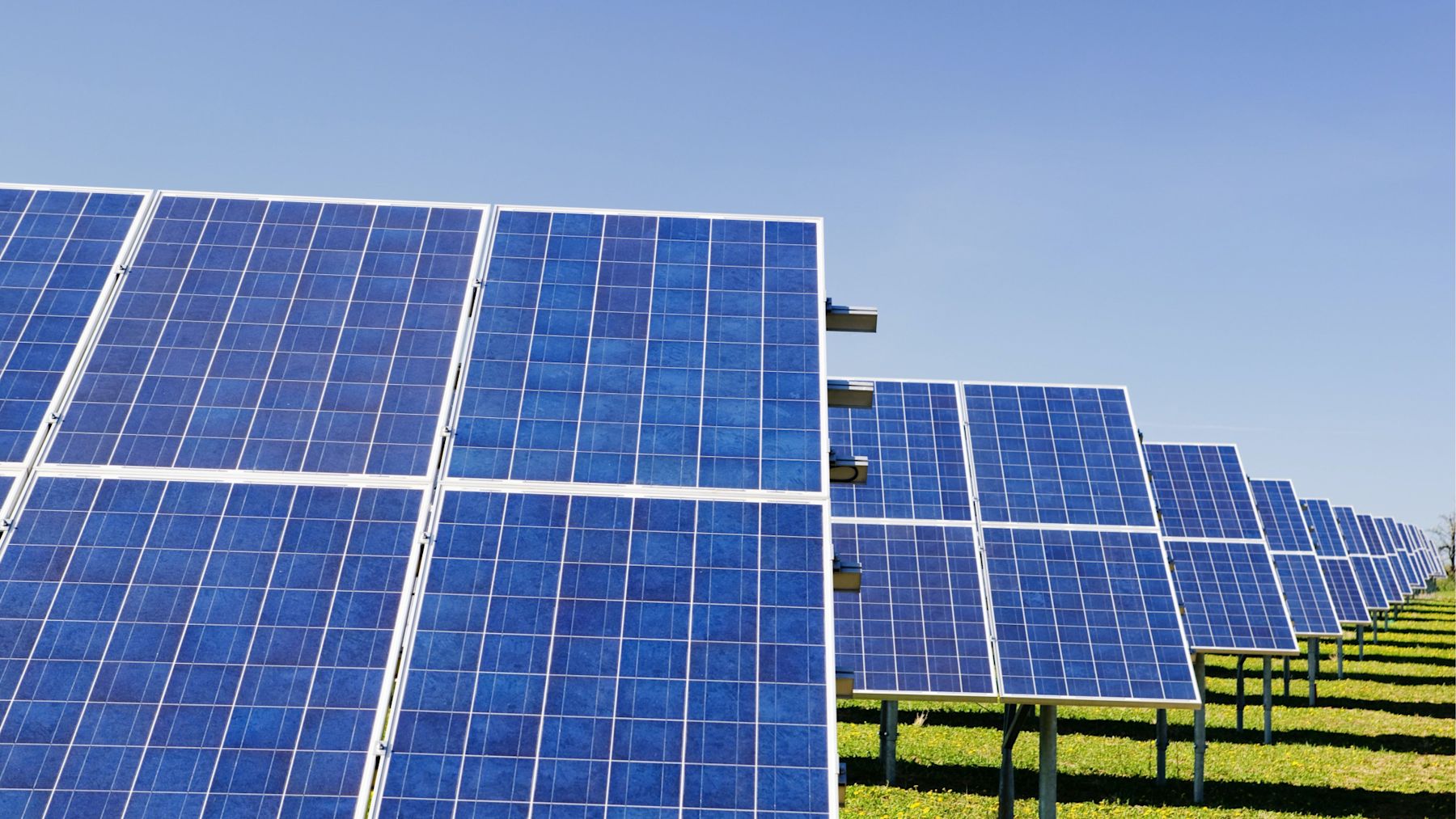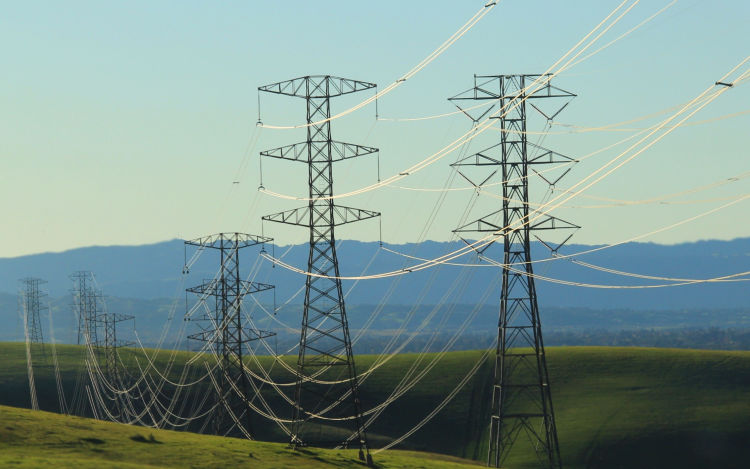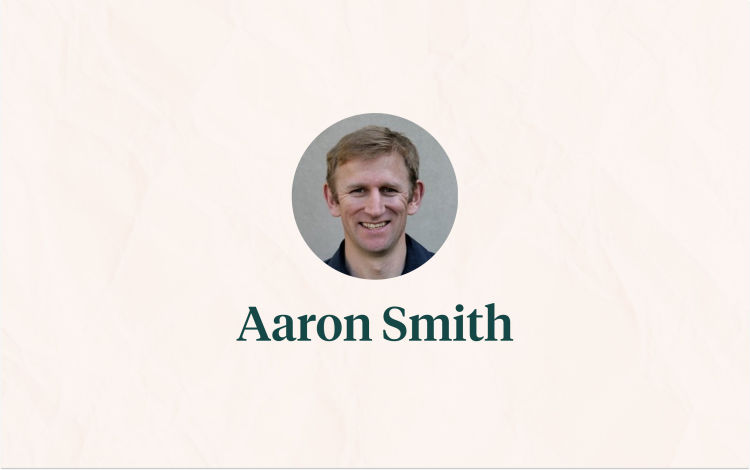How ecobee is Helping Measure the Effectiveness of Time of Use
by ecobee on 09/21/2023 in Donate Your Data
5 min read

More than 200,000 ecobee Smart Owners have opted-in to ecobee’s one-of-a-kind Donate Your Data (DYD) program, creating a unique window into energy use in the home, and making it the world’s largest home energy efficiency dataset.
By sharing the anonymized data from customers who have opted in, ecobee is helping researchers around the globe in their studies aimed at creating a more sustainable and healthier future for communities.
At a time when sustainable energy solutions have taken center stage, Time of Use (TOU) energy pricing has emerged as an effective strategy to manage demand peaks and promote renewable energy use. By adjusting electricity rates based on the time of day, TOU encourages people to shift their energy usage away from peak periods – which is usually when electricity is being generated by non-renewable sources. ecobee sat down with Aaron Smith, professor of agricultural economics at University of California Davis, to discuss how TOU pricing has shifted Sacramento, California, to a better-managed and cleaner grid.

ecobee Citizen: What got you into agriculture and the environment?
Smith: I grew up on a farm in New Zealand, which is a core reason for my interest in agriculture. While I was getting my PhD in economics, I didn’t study agriculture at all, but when I interviewed for an agricultural economics job at UC Davis, I emphasized my agricultural upbringing. Now I’ve been at UC Davis for 22 years, both teaching and researching agricultural economics. My work has also branched into topics related to energy and the environment due to being around lots of great people working on those topics.
ecobee Citizen: Our Donate Your Data provided valuable findings for your research. What questions were you trying to answer with data from the dataset?
Smith: One of the challenges with electricity is that the cost of generating it changes a lot throughout the day, as does the demand for it. However, customers used to pay the same price throughout the day, which meant they weren’t incentivized to cut back at times when the cost of generating electricity was high. We wanted to see if TOU could shift to greater use of renewable energy.
In California, and in increasingly more places around the world, there’s a lot more solar generation happening, meaning you get a lot of cheap electricity in the middle of the day. Then, when the sun goes down, you have much more expensive electricity which you have to generate from natural gas. In the California Central Valley, it can be very hot in the summer and people usually turn up their ACs when they get home from work – which is when electricity is more expensive.

ecobee Citizen: What were the key findings coming out of this?
Smith: Sacramento introduced TOU pricing, and invested in awareness campaigns so that people knew about the changes in pricing, to see if there would be a switch to using less of the higher-cost gas-generated energy.
We found pretty dramatic reductions in consumption during those peak hours – say 5 – 7 pm on weekdays – and we noticed this in ecobee’s dataset. The TOU prices flattened peak demand, which was using up more non-renewable inputs. This means fewer blackouts, less natural gas burned.
ecobee Citizen: What does this mean for people in Sacramento or California – or anyone else with TOU pricing?
Smith: Electrical grids need to have enough generators available to meet demand. When people turn on their AC, they expect the power to be there to make it work. Because high prices at peak times of the day cause people to use less AC, we don’t need to build as many generators. In 2019, we were actually able to save an estimated $7.5 million in electricity generation costs by reducing peak hour electricity use. By changing how they use energy, people living here have reduced the use of natural gas, reduced unexpected blackouts and improved their carbon footprint.
As energy storage becomes cheaper, it’ll become even easier for people to store energy to use during peak demand periods – so they can continue to power their lives using renewable energy, even during the evening and nighttime.

About the Researcher
Aaron Smith is the DeLoach Professor of Agricultural and Resource Economics at the University of California, Davis, where he has been since 2001. Originally from New Zealand, he earned his PhD in Economics from the University of California, San Diego. His research addresses economic and policy challenges related to agriculture, energy, and the environment. He has over 50 publications in refereed journals, including outlets such as the Review of Economics and Statistics, the Journal of Econometrics, the American Journal of Agricultural Economics, and Proceedings of the National Academy of Sciences. His research has won the Quality of Communication, Quality of Research Discovery, and Outstanding American Journal of Agricultural Economics Article Awards from the Agricultural and Applied Economics Association and the Quality of Research Discovery Award from the European Association of Agricultural Economists. He is the cluster lead for socioeconomics and ethics in the AI Institute for the Food System (AIFS).
About Donate Your Data
Interested in joining over 220,000 ecobee customers to help engineers like Aaron Smith develop better algorithms to track energy savings in HVAC systems?
Sign up for Donate Your Data in a few quick steps:
- Open the ecobee app.
- Tap the Account icon in the top-left corner.
- Select Donate Your Data.
- Toggle on Donate Thermostat Data.
- Learn how your data is anonymized and your privacy protected, then tap Accept & Join.
Did you enjoy this article?
Thanks for letting us know!

